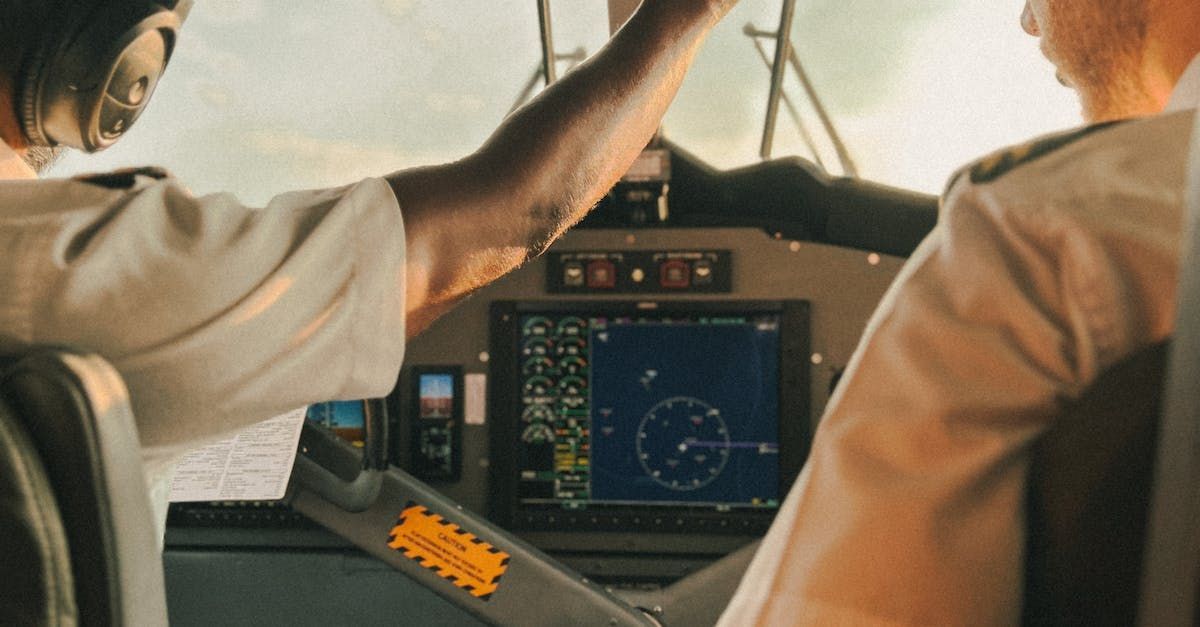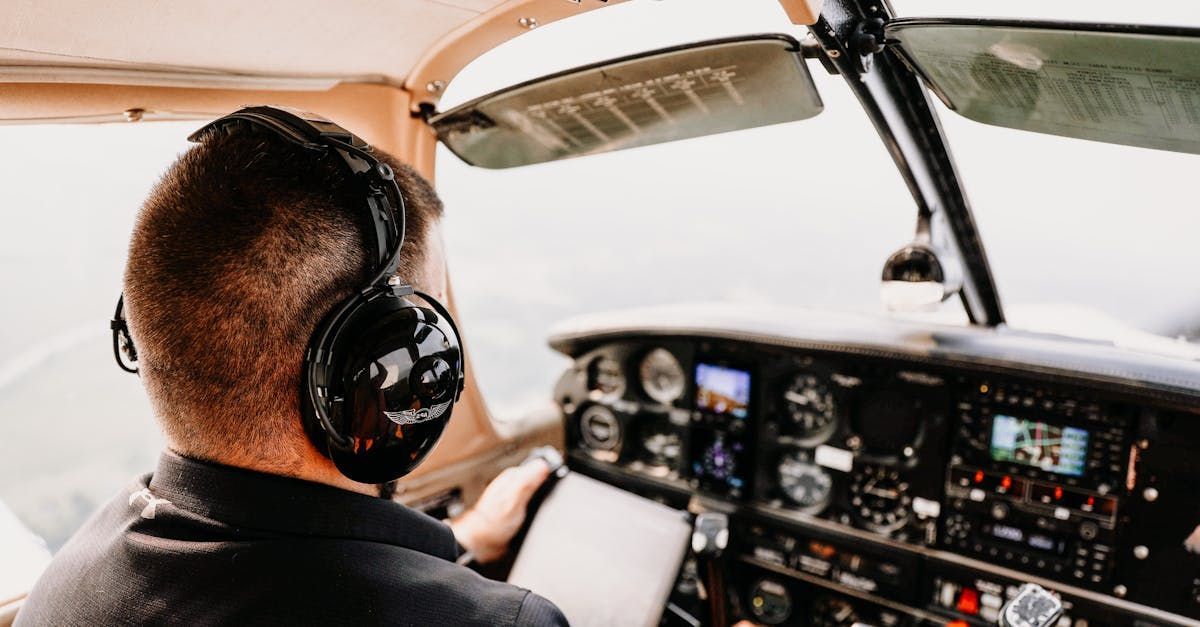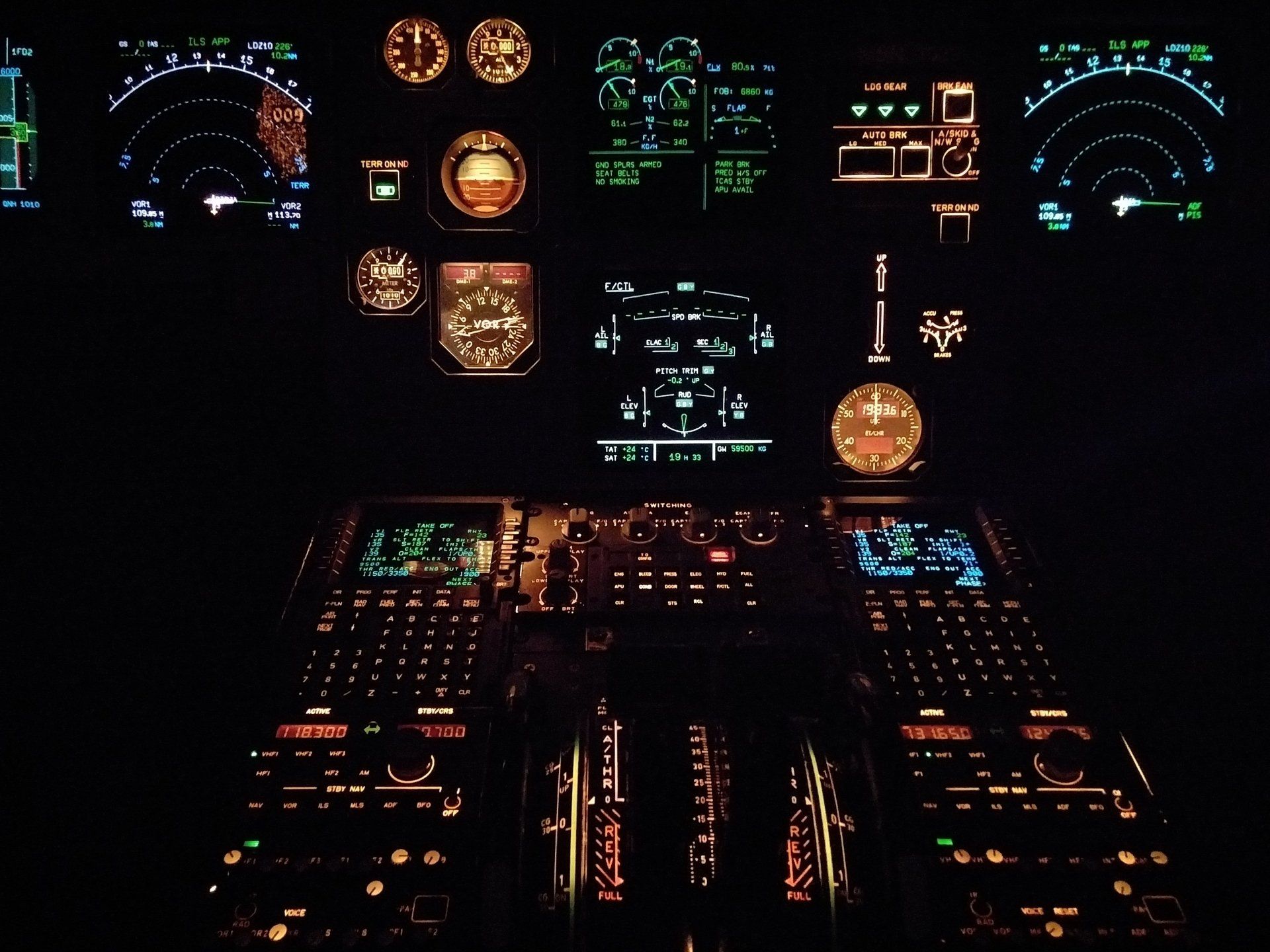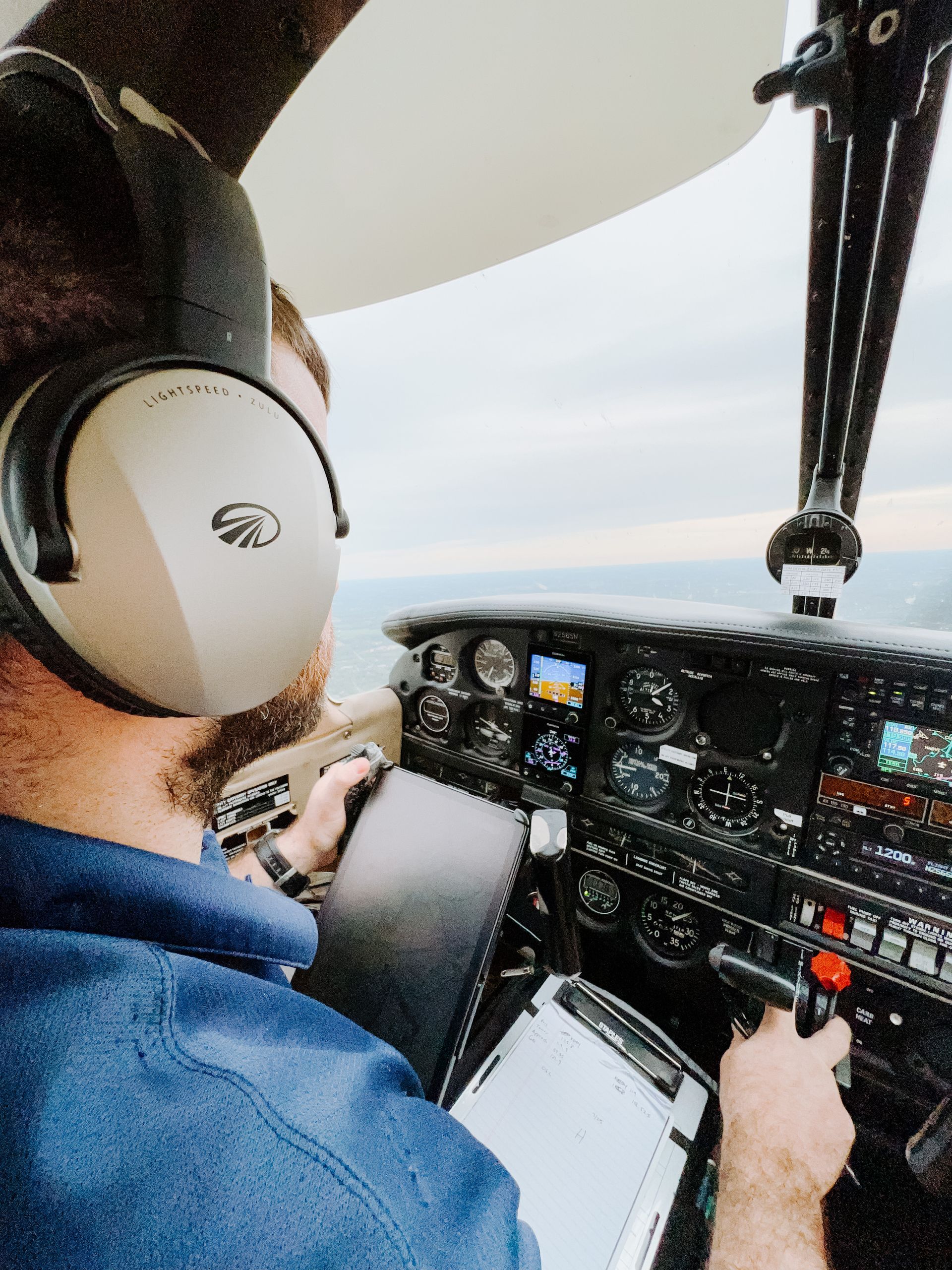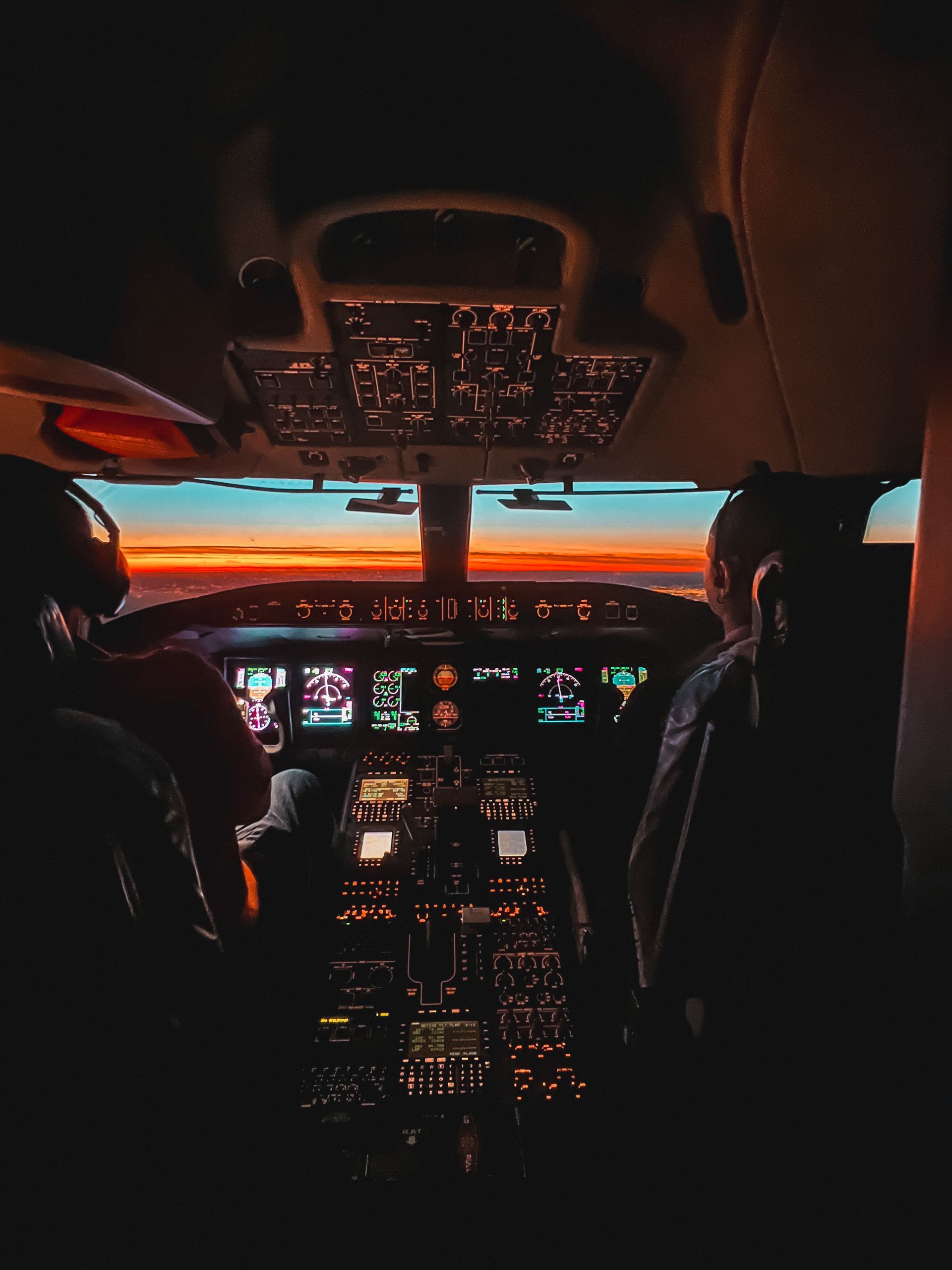Five Reasons You Should Get Your Pilots Licence

Summer is in full swing, which means the weather is getting warmer, and it's the perfect time to hop in an airplane and take to the skies. Piloting an airplane is the best way to feel excitement and freedom. People might think that getting a pilot's license is a privilege only a few people have, but if you do some research, you might find that it's easier than you think to get one. If the sound of an airplane has ever made you look up at the sky, these five reasons might convince you to get your pilot's license.
- Freedom to Travel: If you get your pilot's license, you can go anywhere in the world without having to deal with commercial airlines. You can travel at your own pace and go to places that aren't easy to get to by car or other means.
- Opportunities for Work: Getting a pilot's license can lead to a wide range of jobs in the aviation industry. There are a lot of ways to become a pilot, whether you want to be a commercial pilot, a flight instructor, or a charter pilot.
- Personal Challenge: Getting a pilot's license can be a rewarding and fulfilling personal challenge. Getting a pilot's license takes commitment, discipline, and hard work, but the sense of accomplishment that comes with it is unmatched.
- Adventure: Flying can be a thrilling and exciting experience that gives you a sense of adventure. Taking to the skies is a truly unique experience, whether you're by yourself or with friends and family.
- Increased knowledge: If you want to learn how to fly, you need to know a lot about physics and aerodynamics. Getting a pilot's license will teach you more about these ideas and help you understand them better. It will also give you valuable skills in navigation, communication, and making decisions.
If you're not sure if you should get your pilot's license but have the money to do so, do it! Getting your pilot's license is convenient because all you have to do is renew it every year or so, and then you can fly whenever you want. This means that you can always take a break and come back to flying if life gets in the way.
